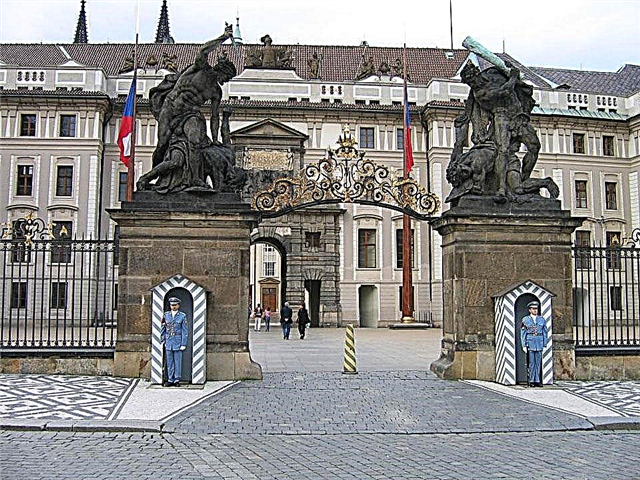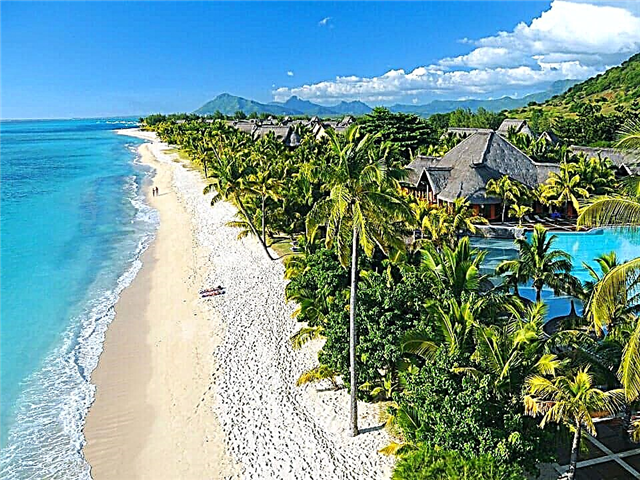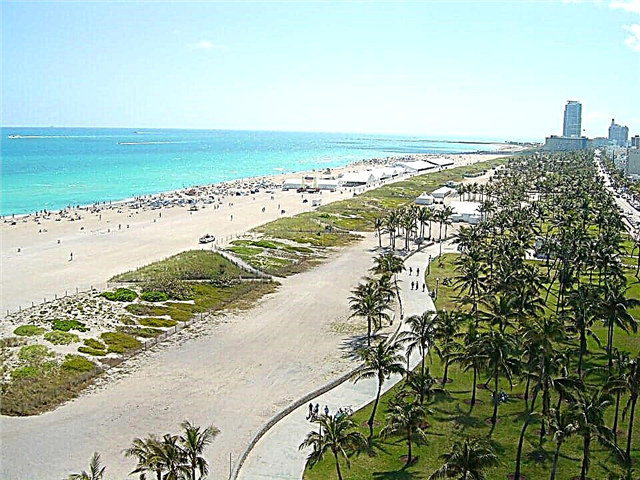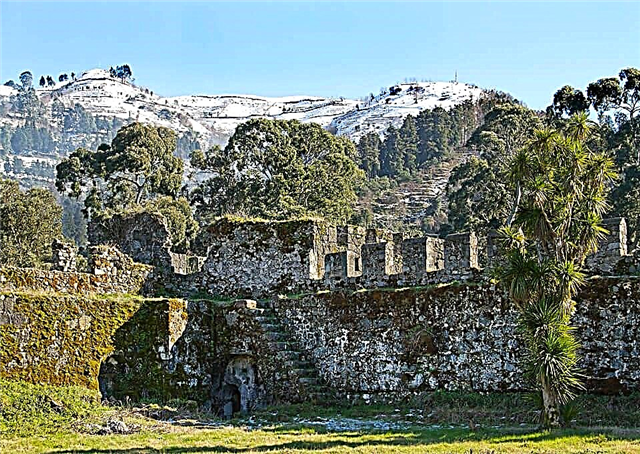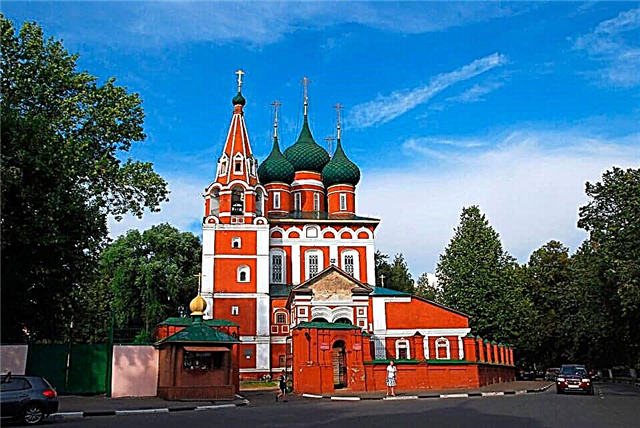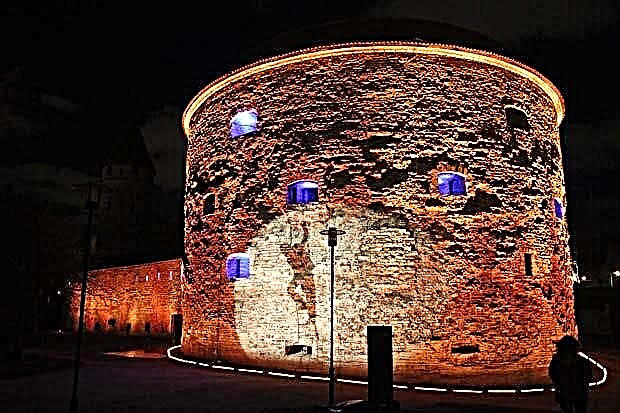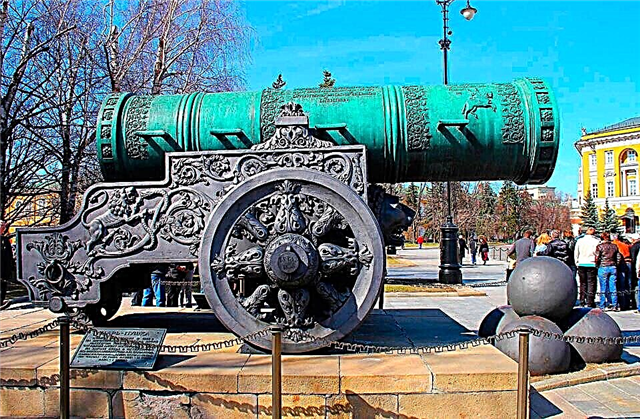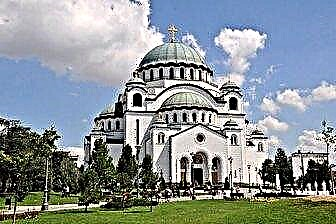Serbia is located in Southeast Europe. Winters in the country are cold, snowy and short. There are 4 mountain systems in Serbia. This contributes to the development of ski tourism. Skiing prices are relatively low, and new tracks appear regularly. The most popular resort is Kopaonik.
The country provides excellent opportunities for health improvement. There are thermal springs and incredibly healthy air. The most famous resorts are Sokobanja, Vrnjachka Banja, Bukovichka Banja. Serbia has a very rich nature. It is impossible to ignore the Danube and the Djerdap gorge. Very interesting national park Shar-Planina, Tara, Fruska Gora. Belgrade has a popular piece lake that is incredibly clean. Belgrade residents love to spend time in the park next to it.
Serbian culture has survived for thousands of years. Its monuments are numerous monasteries and churches, which are famous for their frescoes. Despite numerous wars, Serbian fortresses have been perfectly preserved and receive not only tourists, but also various festivals, such as the EXIT music festival. The most popular cities in Serbia are Belgrade, Subotica, Novi Sad, Nis. Tourism in Serbia is not very popular. It is relatively inexpensive, but there is plenty to see. The country has many historical and architectural monuments, beautiful nature and pleasant climate.

The best hotels and hotels at affordable prices.
from 500 rubles / day
What to see in Serbia?
The most interesting and beautiful places, photos and a short description.
Belgrade fortress
For more than 1000 years, the fortress has stood on a 125-meter hill near the confluence of the Sava and Danube rivers. Its territory is divided into the Upper and Lower Towns. Inside the fortress there are two ancient churches, monuments, ruins of Roman settlements, defensive buildings. Five towers rise above the fortress, and you can enter the citadel through 12 gates. You can look at the magical landscapes from the Kalemegdan Park. There you can also relax in a cafe.

Orthodox monasteries in Kosovo
It is part of the UNESCO heritage site and consists of three monasteries and one church. Valuable example of Byzantine and Western Romanesque church architecture. They were built in the XIII-XVI centuries. The first in the list of protected objects was the Vysokie Dechany Monastery. He is famous for his frescoes. It is a valuable example in Byzantine art. The rest of the monasteries were incorporated into a heritage site two years later.

Djerdap gorge
This is one of the most beautiful places in Europe, where the Danube stands in all its glory. In the Djerdap Gorge, near Golubac, it reaches its greatest width - 6.5 km and the greatest depth - 82 meters. Tourists are taken on cruises through the entire gorge, which consists of four smaller gorges and three hollows. In some places, 300-meter rocks rise above the river. There are also many ancient fortresses on the banks of the Danube.

Studenica monastery
This is a monastery located in the mountains on the right bank of the Studenitsa River. It is dedicated to the Assumption of the Virgin and is one of the most luxurious and wealthy Serbian Orthodox monasteries. Studenica was founded in 1190 by Stefan Nemanja. There are two churches inside the monastery: the Church of the Virgin and the Church of Joachim and Anna. The monastery is famous for its Byzantine-style frescoes.

Smederevo fortress
The fortress was erected in 1430, when Smederevo was the capital of the country. The fortress has the shape of a triangle. On the one hand, it borders on the Danube, on the other, on Ezava. The third side was protected by fortifications. The fortress was defended by a 2-meter wall and 25 towers. Maly Grad housed a printing house, a jewelry workshop, two churches, a palace and other buildings. The Great City was a trade and handicraft center.

Devil's City
This is a place shrouded in legends on Mount Radan, 27 km from the city of Kurshumliya. It represents 202 stone pillars. Their height ranges from 2 to 15 meters. The tops of the pillars are crowned with stone caps. The Devil's City was formed as a result of weathering, but the locals have come up with many legends. Therefore, many excursions are held there at night.

Skadarlija
This is a block that is located along the 600-meter Skadarska street. Its history dates back to the 30s of the 19th century. Gypsies, artisans, traders settled on it. A few decades later, artists and writers began to inhabit the street. That is why it is the most bohemian old quarter in Belgrade, full of galleries, antique shops, cafes and restaurants.

Shar Planina National Park
Shar Planina is an 85 km long mountain range. It is located in the central part of the Balkans. The area of the park is about 40 thousand hectares. The height of more than 100 peaks reaches 2000 meters, and about 30 - more than 2500 meters. On the territory of Serbia, there is the highest mountain Bistra, its height is 2651 meters. The park has an incredibly rich flora and fauna. In addition, on its territory there are more than 40 churches and monasteries, tombs, fortresses.

Ada Tsiganliya
One of the largest piece lakes in Europe is located just a few kilometers from the center of Belgrade. It is located near the Ada Ciganlija peninsula - a favorite vacation spot for Belgrade residents. Thanks to filters installed on the dams, the water in the lake is clean. A healing microclimate has formed there, and there is a lot of greenery on the island. On Ada Tsiganliya there are more than 50 sports facilities for active recreation.

Sopochany
An Orthodox monastery in the valley of the Rashki River was founded by Urosh I in 1263. A little later, the church of St. Trinity, which has survived to this day. Trinity Church is interesting for its frescoes. They have light, light colors and depict biblical images and scenes from the life of the kings of the Nemanjić dynasty. This is an incredible achievement of Serbian culture that has been perfectly preserved.

Petrovaradin fortress
The impregnable fortress, which was the place where the treasures of the Habsburg dynasty were kept, is very well preserved. It was laid down on the Danube in 1692 by Prince Krui for protection from the Turks. In those days, 16 km of underground passages stretched under the fortress. Today on its territory there is an archive, museums, cafes, restaurants, hotels, galleries. She also receives music fans annually who come to the EXIT festival.

Sirogoino
This is an open-air museum. Its territory is 15 hectares. On it you can see old huts, built without a single nail, household items, a smithy, a bakery, the Church of Saints Peter and Paul. There you can also buy the previously incredibly popular knitted clothes made of warm wool. Sirogoino is surrounded by beautiful nature, and the air there is considered to be healing.

Tara National Park
This is a park in the west of Serbia. It occupies a part of Mount Tara, and its area is 22 thousand. On the territory of the park there are gorges, canyons, gaps, bays, caves. There is also the shortest river in Europe - Vrelo. Its length is 365 meters. In the park you can go fishing in the purest lakes, try a local alcoholic drink - Klekovacha brandy. The park has a rich flora and fauna, and in the summer there are various festivals.

Nis Fortress
The history of the fortress dates back to the II century BC. It stands on the banks of the Nishava River, and its area is more than 22 hectares. Byzantine and ancient Roman buildings have been preserved on its territory. The present appearance of the fortress was given by Turkish architects in the 13th century. Inside the fortress there is a park, an art gallery, and a cafe. And if you restore its gates, then it can become architecturally and functionally complete.

Monastery of Manasiya
The monastery was founded by the despot Stefan Lazarevich at the beginning of the 15th century. It is located near the city of Despotovac. The monastery was fortified with walls and 11 towers. On its territory there was a huge library, books were copied. It is a valuable monument of Serbian culture. The frescoes of Manasiya are also popular. The monastery includes cells, a refectory and the Church of the Holy Trinity.

Temple of Saint Sava
On the Belgrade plateau, proudly towering over the city, is one of the largest Orthodox churches in the world. This is the temple of St. Sava. They began to build it in 1935 on the site where the relics of Saint Sava were burned. But the work was interrupted and resumed only 40 years after the war. To this day, finishing work is underway in one of the parts of the temple. The height of the shrine is 82 meters, and the weight of the dome is 4 tons.

Zicha
This is a nunnery in the historical region of Raska. It was founded at the beginning of the 12th century. Ascension Cathedral of the monastery was the place of coronation of the rulers of Serbia. In total, 19 rulers received the crown there. In the Church of the Ascension of the Lord, paintings from 1220-1221 have been preserved. Due to the war, the monastery was badly damaged, its medieval frescoes were destroyed. Today Zicha is one of the largest monasteries in Serbia.

Nikola Tesla Museum
This is the only museum in the world that owns the scientist's real personal belongings: patents, drawings, letters, photographs, drawings, books. It was founded on December 5, 1952 in a mansion in Belgrade. On the ground floor, you can not only see but also experience inventions. Visitors have a chance to feel like a Jedi, to try the Tesla Coil. The scientist's things are kept on the second floor.

Gazimestan
It is a monument of Serbian history and culture. It was installed a few kilometers from the site of the battle on the Kosovo field. It bears the text of the Kosovo Oath, which was given by Prince Lazar. The number of Turkish troops was several times higher than the Serbian army. One of the Serbs killed the Sultan, but his son became the commander of the army. In the same battle, Lazar was killed, his daughter was sent to a harem, and the Serbs lost their independence.

Chele-Kula
It is an impressive and dark historical monument. It was built by the Turks when the Serbian uprising was suppressed in 1809. The rebel leader fired a shot at the powder store, destroying both himself and his army. Then the Turkish troops tore off the skin of the Serbs' skulls, stuffed it with straw and sent it to the Sultan. A gloomy tower was built from 952 Serb skulls. To our days, only 58 have survived, they are surrounded by a chapel.

Hamzigrad
This is an architectural ensemble located in the east of Serbia. It was built in the III-IV century by order of the emperor. On its territory there is a palace, fortifications, cathedrals, a triumphal arch, a memorial. The complex can be considered a small town. It is a striking example of traditional Roman architecture. In 2007, it was listed as a UNESCO heritage site.

Resavskaya cave
This is a natural cave 20 km from Despotovac, which is one of the most visited. Its length is 2850 m, the length of the tourist route is 800 m. It is richly decorated with nature. Inside it are stalagmites, stalactites, columns, petrified waterfalls. This cave is about 80 million years old. Its territory is divided into four viewing rooms. It is also said that before the start of the Kosovo battle, the Serbs hid treasures in the caves.

Vrnjachka Banya
This is the most popular balneological resort in the Rash region. It treats diseases of the digestive system and diabetes. It is famous for its thermal springs, the temperature of which is equal to the temperature of the human body. They are located in a park area, and near them there are monasteries and ancient buildings that are included in the UNESCO heritage list.

Monastery Pokaynitsa
It is an Orthodox monastery located in central Serbia near the town of Velika Plana. This is one of the few monuments of wooden architecture in the country. The monastery was built in 1818 by Vuitsa Vulicevic. A year before the construction, he participated in the murder of his godfather. According to legend, the monastery got its name as a sign of the prince's repentance.

Drvengrad
The village was created by Serbian director Emir Kusturica for the filming of the film "Life is like a miracle". This is the embodiment of his childhood dream of an ideal village. It is located on the slope of the Mokra Gora mountain near the town of Uzice. Today the village welcomes tourists; on its territory there is a hotel, a cinema, a library, a gallery and a church. There is a restaurant, pastry shop, swimming pool and much more. All houses are made of wood.

Shargan eight
This is a narrow-gauge railway that runs between the settlements of Mokra Gora and Shargan-Vitasi. Its laying began in 1916. Today, the train travels on a tourist route in the shape of an eight. Tourists are greeted with stunning views, a fortress in the town of Uzice and ancient stations. The wagons are rare, you can climb on them and touch everything.

Sokobania
A resort in the east of Serbia near the town of Nis. Sokobania lies between the mountains. The Sokoanska Moravica River flows near the resort. It is a wellness center for the treatment of non-specific lung diseases. It is rich in thermal springs saturated with radon. The ionized mountain air of the resort is considered beneficial. The climate there is pleasant, without fogs and winds.

28. Zlatibor
It is a tourist area in the highlands of Serbia. It is located 30 km from Belgrade. Zlatibor is a health resort famous for its healing air. Numerous towns are calm and very clean. Cottages and hotels have been built for tourists, prices in restaurants and cafes are low. The center of the region is the town of Kraleve Voda surrounded by pine trees. The hills are very picturesque in this area. Tourists love to be photographed here.


